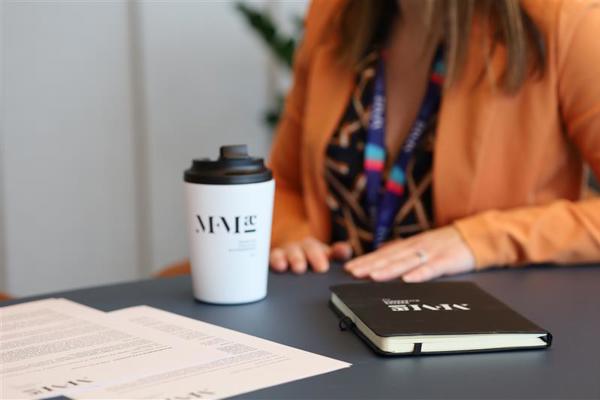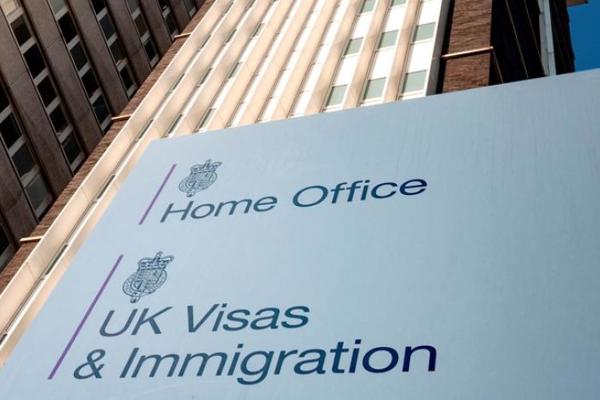When we discussed the possibility of audits with our clients, they often ask "what will the Home Office be looking for?" In our view there are 4 main areas of interest to the Home Office:
1. Recruitment
A key criteria for the Sponsor Licence application is that a business agrees not to hire workers from outside the EU if they can find a suitable UK or EU worker for the role. In order to sponsor Tier 2 work visas a business has to demonstrate that it has advertised the role, in a way that matches the Home Office requirements, and carried out a fair recruitment process.
During any visit the Home Office will want to check that the correct procedures have been followed during any recruitment process. They will ask questions about recruitment processes and ask to see evidence that the Home Office guidance has been followed.
2. Right to work
This is one of the most important areas of any audit, and extends beyond the right to work of only overseas workers. The Home Office will want to check that every employee, regardless of nationality, has the right to work in the UK and that the business is keeping appropriate records of this.
When we have carried out compliance audits for our clients, we have often found that this is an area where there can be issues. There are strict rules about how to carry out a right to work check, and if these aren’t followed a business exposes itself to risks. We recommend following the Home Office guidance to ensure right to work checks are carried out correctly.
3. The role of sponsored workers
When someone is sponsored for a Tier 2 visa, they are restricted to working in the role that is described in their Certificate of Sponsorship. While, over time, roles can change it is important that the business updates the Home Office about this.
When the Home Office carry out a visit they will interview staff about their day to day roles, and they can ask to see evidence of their work output. We have also seen cases where the Home Office have interviewed other members of staff and asked them to describe their colleagues roles. It is important that businesses carry out a regular review of Certificates of Sponsorship to make sure they reflect the roles their employees are performing.
4. Record keeping
The final thing the Home Office will focus on is whether a business is keeping the records required by the sponsor guidance. This is, perhaps, the most important part of an audit as if the records don’t exist there is no way of demonstrating that the business is meeting the requirements listed above.
When we carry out our own audits, much of our focus is on identifying gaps in record keeping processes that create the risk of non compliance in the future, and we recommend that all businesses regularly review the data they retain. As the GDPR is due to come into force next month, now is the ideal time, to review record keeping processes.
Summary
In our experience, much of the fear around audits is caused by the lack of understanding of what the Home Office are looking for. By concentrating on the above areas, and following our top tips to prepare for an audit, it is possible to reduce the risks posed by an unannounced visit.
If you would like further advice on how to prepare for a Home Office audit please contact us.


